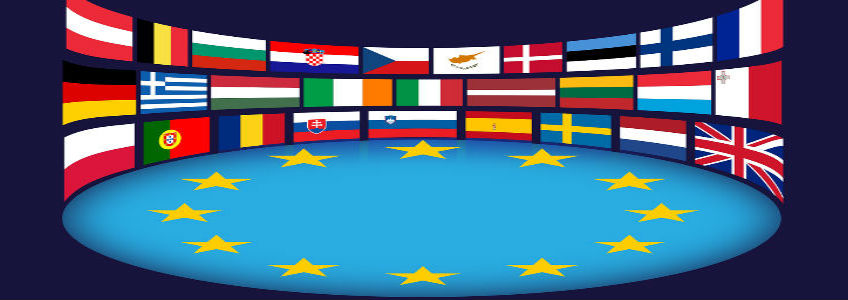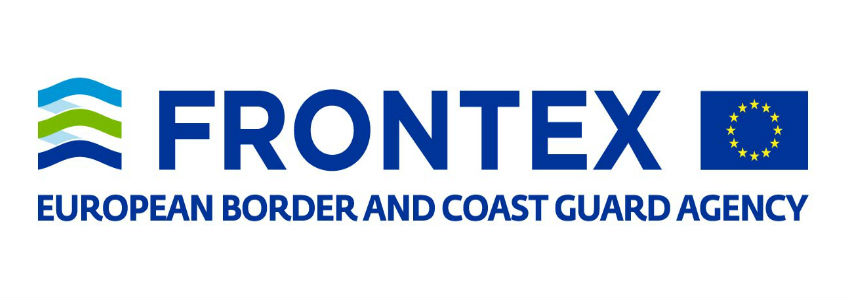
SeSerbia, Albania, and North Macedonia signed a deal that to create a free-movement region dubbed the Open Balkan.
Plans to create a unified market in the Balkans between the 3 nations were first announced in 2019.
The new region is based on the already existing Schengen Area (made up of EU and EFTA member states), from which it took its original name. However, it will not be connected to that bloc, which includes France, Belgium, Spain, Norway, and others.
Albanian Prime Minister Rama voiced his approval of the new deal in an online press conference: “It is a good step that now Albania has freedom of movement with basically all countries, including Serbia. I think this is a very positive step.”
Serbian President Vučić agreed, releasing the following statement:
“I am sure now that we have formally solved all obstacles that Serbian citizens can go not only to the territory of Northern Macedonia but also to the territory of Albania only with an ID card, and that there will be many more Albanians in Niš and Belgrade who want to see Serbia, but also many more Serbs who want to see Durres, Tirana and every other place in Albania.”
Which Countries Will Join the Open Balkans Zone?
So far, Albania, North Macedonia, and Serbia have signed a deal that will make the Open Balkans a reality.
However, plans to create the unified market and travel area go back to the early 1990s, although the initial plans were abandoned due to the Yugoslav Wars. Talk of a new proposal for the Open Balkan reemerged in 2018 as a suggestion to improve political relations in the region.
When a series of meetings were held in 2019, it was expected that 6 countries that make up the Western Balkans would become part of the new bloc. These prospective members were:
- Albania
- North Macedonia
- Serbia
- Kosovo
- Bosnia and Herzegovina
- Montenegro
Kosovo announced its intention to join the Open Balkans Area alongside of the signing of the Kosovo-Serbia agreement in September 2020. However, the country’s Prime Minister, Albin Kurti, later rejected an invitation to an Open Balkans summit.
The leaders of both Montenegro and Bosnia and Herzegovina have expressed their desire for their countries to join the Open Balkan initiative, However, as of April 2023, they have not yet signed any agreements.
The Road to Open Balkans
The leaders of Serbia, Albania, and North Macedonia signed a “mini-Schengen” deal in October 2019, planning to implement a system of free movement for people, goods, services, and capital within the region, including passport-free travel.
On November 9, 2020, Albanian Prime Minister Edi Rama and Serbian President Aleksandar Vučić signed a deal allowing free movement between the 2 countries without a passport during an online meeting that also included North Macedonia.
The first meeting of the Open Balkans was due to be held in 2020. However, this was later postponed to 2022 due to the COVID-19 pandemic.
This summit eventually took place on 2 September, 2022, in Belgrade. During the meeting, All 3 of the committed countries signed further agreements in the areas of:
- Cinematography
- Cooperation in emergency situations
- Energy
- Food products
- Trying to ease tensions in the Balkan region
Dritan Abazović, the Montenegrin prime minister, and Zoran Tegeltija, the chairman of the council of ministers of Bosnia and Herzegovina, were also in attendance, and expressed support.
“The Open Balkan initiative was made for six countries”, Abrazovíc said. “Not for five-and-a-half countries or three-and-a-half countries, but for six countries”.
“Everyone who participates represents themselves and their country, I don't know anyone who likes to wait at the border, I'm not just talking about tourists from Kosovo in Montenegro, but also about Montenegrin citizens who want to go to Serbia, or anywhere in the region", he stated.
Is the Open Balkan Connected to the Schengen Area?
While the former name of the Open Balkan program refers to the Schengen Area, the Zone will be a separate entity.
Unless the plan changes to merge the 2 regions, the Schengen visa and ETIAS for Americans will not be valid for entry to Serbia, Albania, North Macedonia, or other potential members of the new bloc.
The ETIAS visa waiver application will be a requirement for US citizens to visit Schengen member states such as France, Spain, Germany, and Switzerland. This is planned to come into effect in 2026.
It is currently unknown if the Open Balkans Zone plans to introduce a similar electronic travel authorization for third-country nationals.


